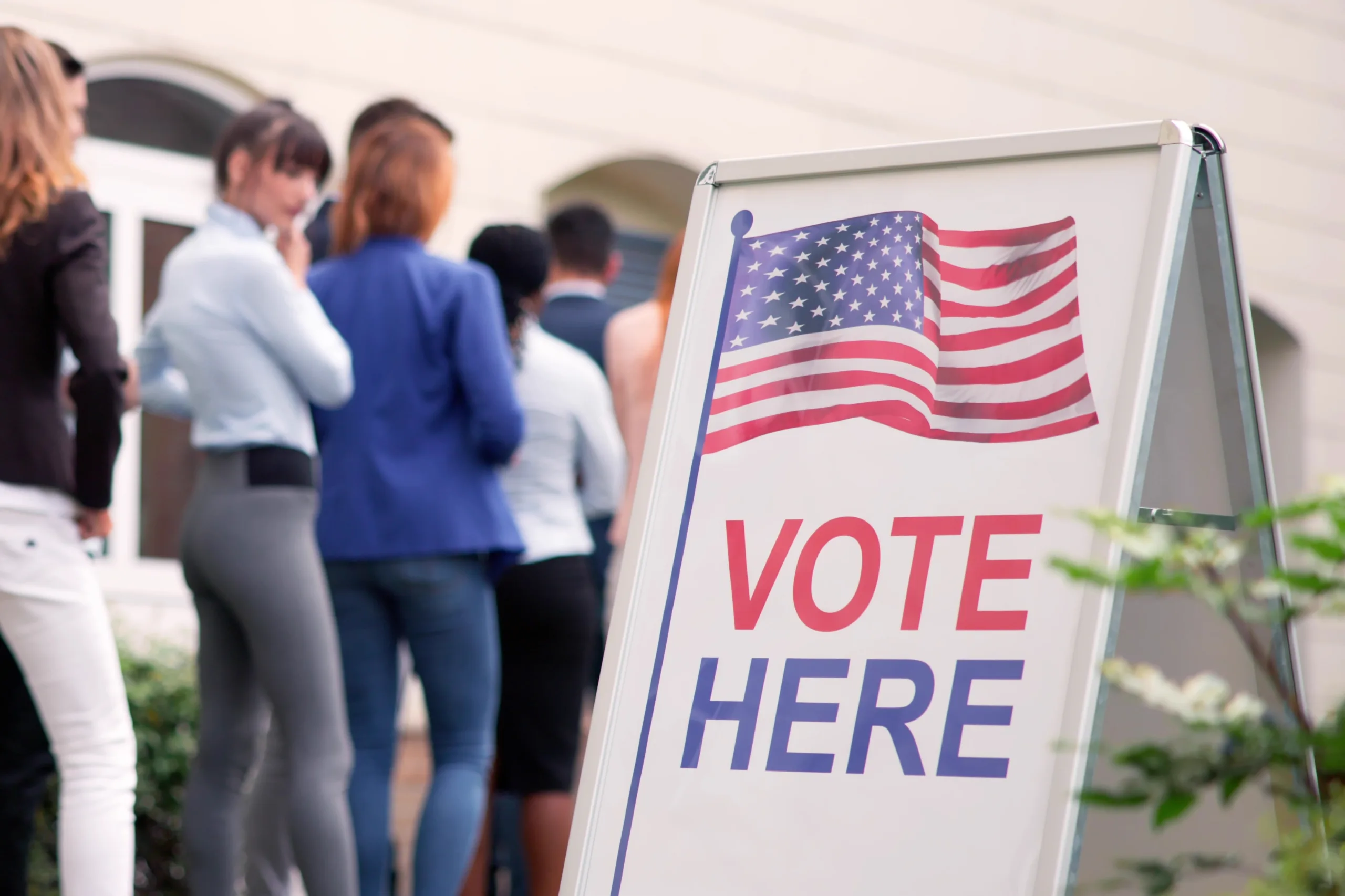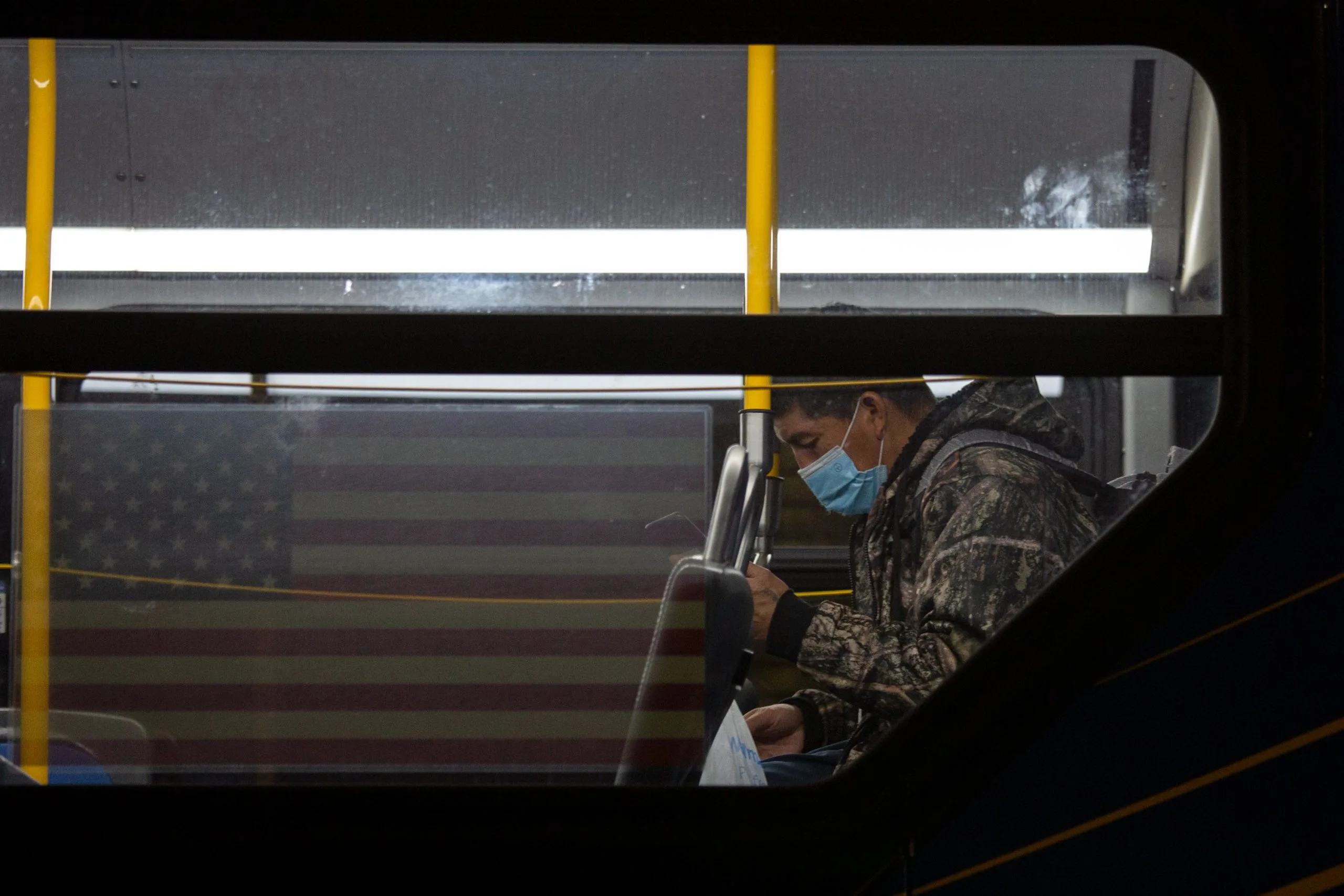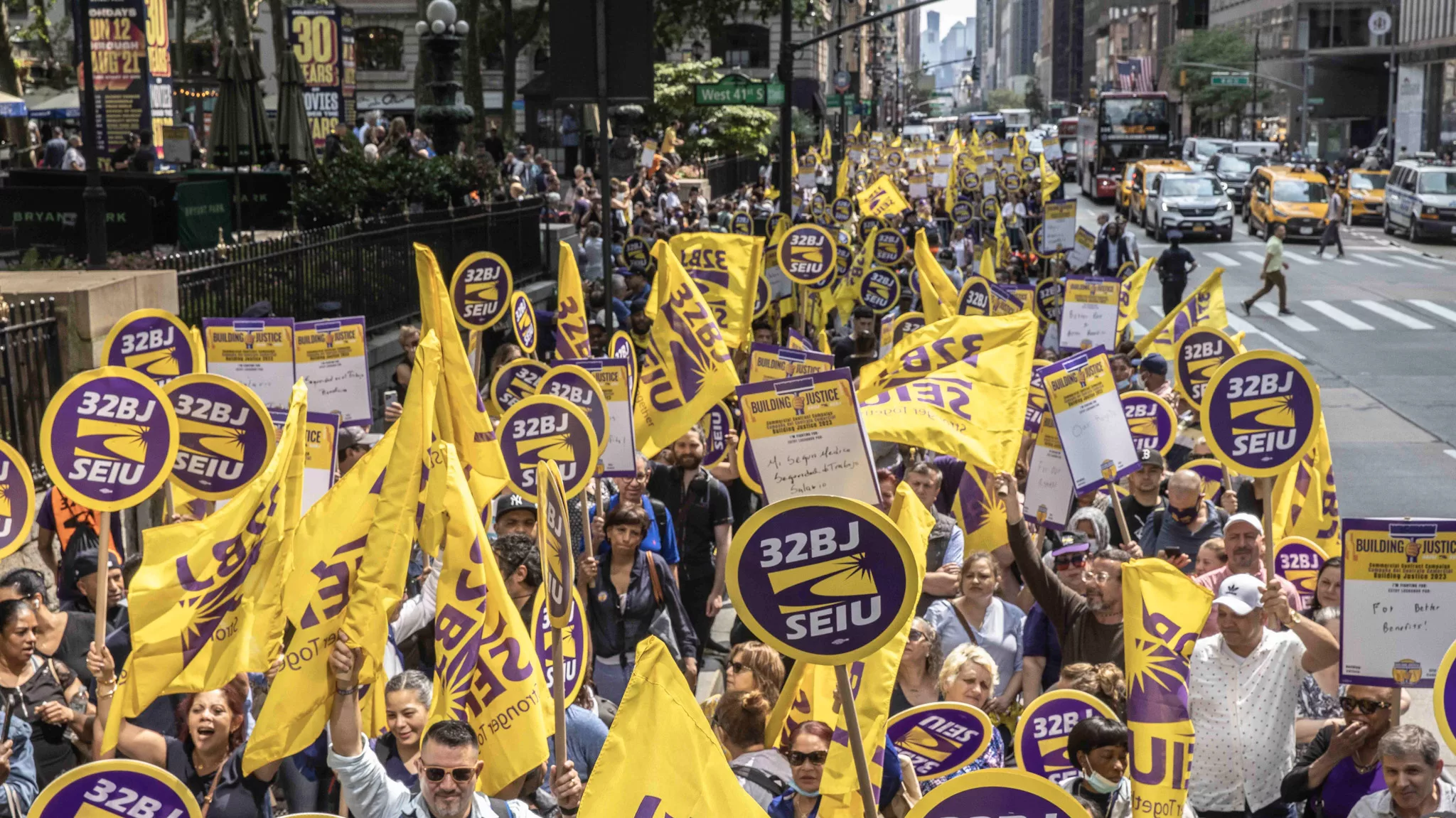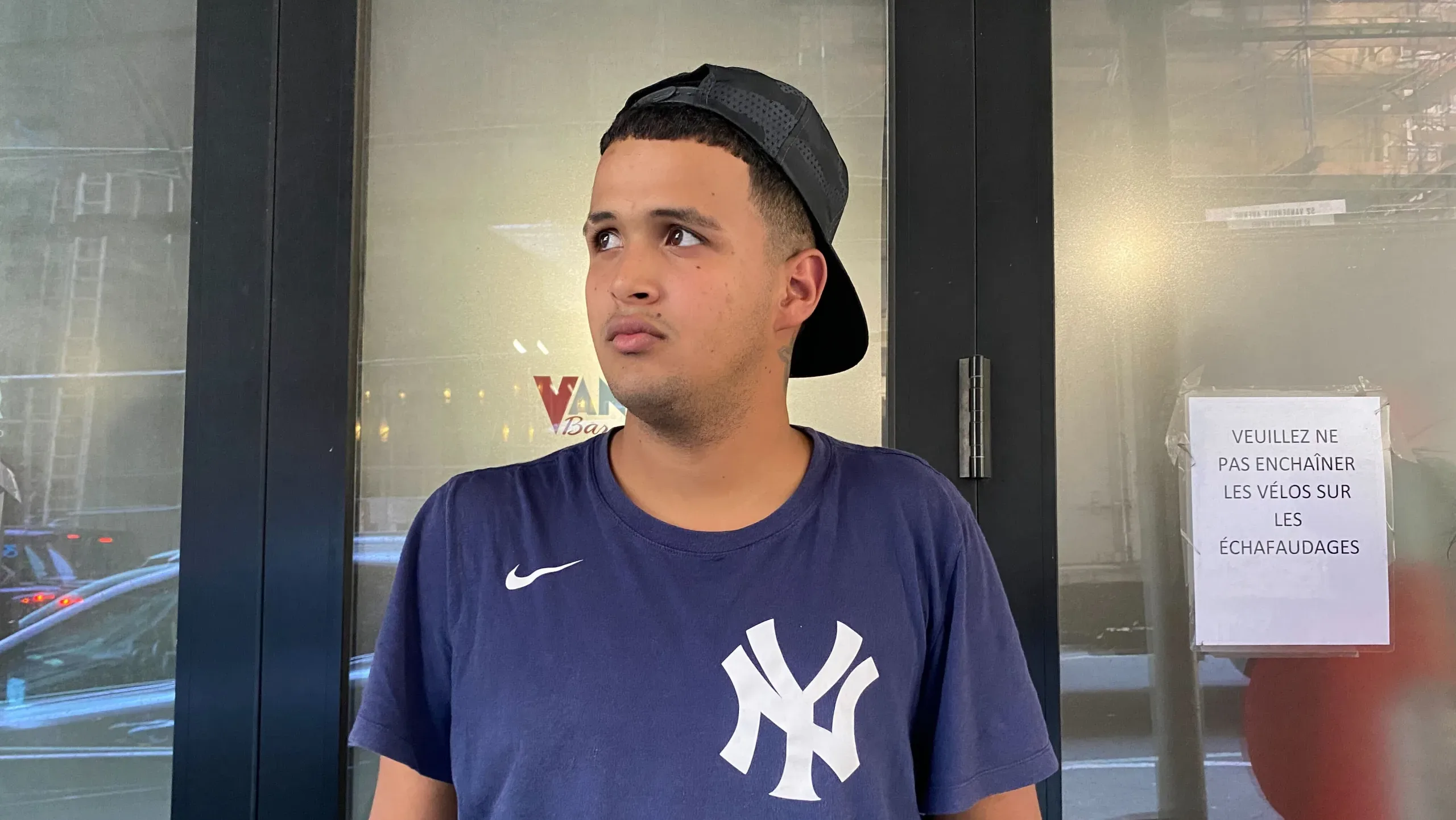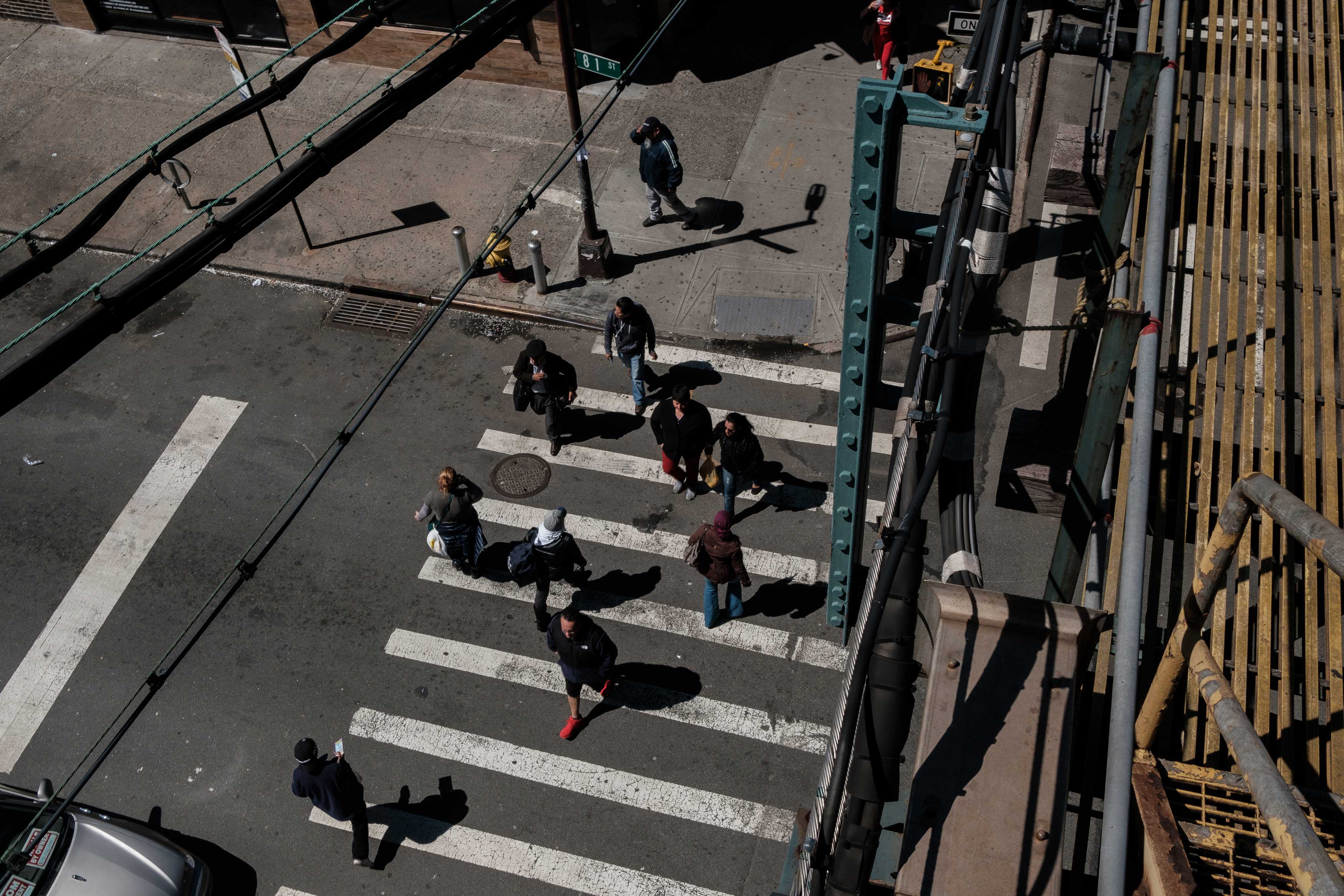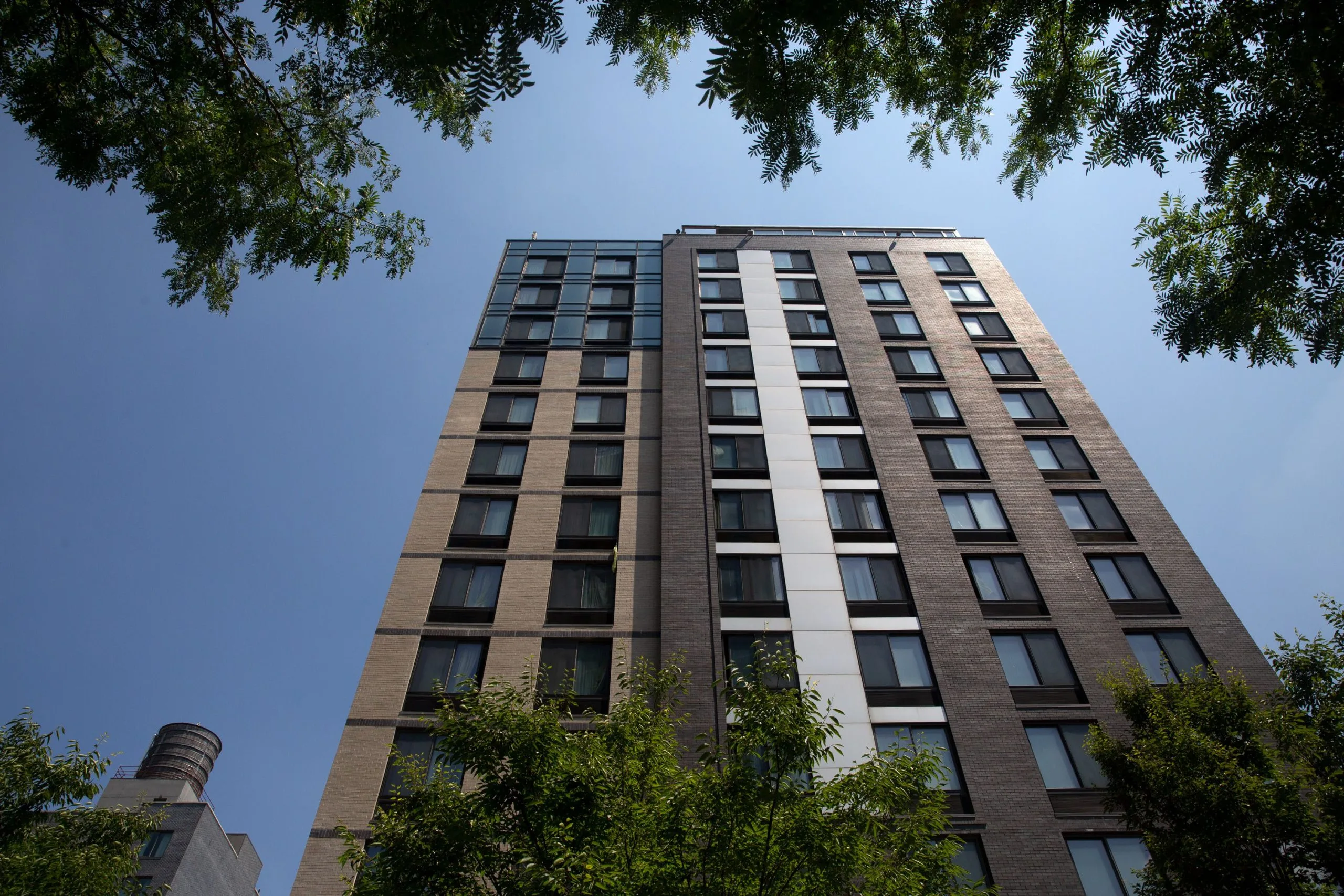When New York City residents head to the polls next Tuesday, they will have the opportunity to vote yes or no to six questions on the ballot. The first of those is proposal number one, which is colloquially referred to as “Prop 1,” and it’s the only proposal that’s up for a vote outside of the city.
Article 1, Section 11 of the New York state constitution’s bill of rights establishes equal rights protections and prohibits civil rights discrimination on the basis of race, color, and religion. But the goal of Prop 1 is to expand those protections. If voters vote ‘yes’ to approve Prop 1, that section of the constitution would be amended to include ethnicity, national origin, age, disability, and sex, which includes sexual orientation, gender identity, gender expression, pregnancy, pregnancy outcomes, and reproductive health care autonomy.
The changes to that section will be as seen below, with the new amendments in bold:
- § 11. a. No person shall be denied the equal protection of the laws of this state or any subdivision thereof. No person shall, because of race, color, ethnicity, national origin, age, disability, creed [or], religion, or sex, including sexual orientation, gender identity, gender expression, pregnancy, pregnancy outcomes, and reproductive healthcare and autonomy, be subjected to any discrimination in [his or her] their civil rights by any other person or by any firm, corporation, or institution, or by the state or any agency or subdivision of the state, pursuant to law.
The New York City Bar describes the proposal as a “New York Equal Rights Amendment.”
Right-wing advocates have been using a variety of angles to criticize Prop 1. One key argument claims that the inclusion of “national origin” in the ballot proposal would create policies that could protect undocumented immigrants under the guise of anti-discrimination.
This past week, a group fighting Prop 1 launched an ad using footage, ostensibly of immigrants at the border, aimed at connecting the proposal to the humanitarian crisis. The New York State Republican committee also argues that the proposal uses broad language that might allow for legal challenges to immigration enforcement. An analysis from the nonpartisan conservative-leaning think tank Empire Center for Public Policy also critiques the proposal for containing “vague language,” adding that the amendment may not meaningfully expand civil rights beyond current laws and raises questions about its necessity.
In an op-ed written in support of Prop 1, the editorial board of Albany’s Times Union begs to differ, saying: “…as even most of [Prop 1’s] opponents have pointed out, the amendment wouldn’t create any ‘new’ rights under current New York law and regulations, whether they include the right to reproductive health care including abortion or the rights of transgender students to participate in school athletics. It merely makes those rights a lot harder to take away.”
A campaign spokesperson for New Yorkers for Equal Rights — a coalition of more than 500 civil and reproductive rights organizations advocating for passage of Prop 1 — told Documented that “Prop 1 does not change existing common sense laws, or hand out special rights — but opponents of Prop 1 are using lies to distract New Yorkers from what the amendment does.”
Also Read: Your Ultimate New York Voting Guide for the 2024 Elections
“The protections in this amendment have nothing to do with our country’s asylum or immigration laws, which are dictated by the federal government,” the spokesperson said. “Further, voter qualifications are governed by a completely separate part of the New York State Constitution, and Prop 1 will not change them.”
In upstate New York, anti-prop 1 advertisements have been posted on a website called “Vote No on Prop 1,” which is funded by a committee of senate Republicans. The committee, which is also called Vote No on Prop 1, was registered with the New York state board of elections in September, and its supporters include State Conservative Party Chair Gerard Kassar, GOP Chair Ed Cox, and former Rep. John Faso.
First on the committee’s list of claims on their website is that Prop 1 will allow undocumented immigrants “to claim the same rights as New Yorkers, including the right to vote.” The campaign spokesperson for New Yorkers for Equal Rights told Documented that this is not true.
“Anyone making these claims is trying to divide and distract voters from what Prop 1 is about: protecting abortion and preventing government discrimination, permanently,” the spokesperson said.
Also Read: Fact-checking Over 12,000 Of Donald Trump’s Statements About Immigration
Across the U.S., while some conservative states may not have explicit constitutional provisions for national origin, they do have statutory protections that address discrimination based on national origin in various contexts. Texas has statutory protections against discrimination based on national origin under the Texas Labor Code. Florida’s Civil Rights Act includes protections against discrimination based on national origin, providing some level of state protection in various contexts, including employment and housing. The Louisiana Employment Discrimination Law provides protections against discrimination based on national origin, race, and other characteristics in employment settings.
While the U.S. constitution does not explicitly mention national origin as a protected category, several federal laws and interpretations of constitutional provisions offer protections against discrimination based on national origin at the federal level. This includes the Civil Rights Act of 1964; Equal Protection Clause; the Immigration and Nationality Act (INA); and Hate Crimes Prevention Act.
Opponents of Prop 1 also claim that it will “make New York a permanent sanctuary State.” This wording is misleading since the establishment of local sanctuary policies in New York City date back to at least 1989.
